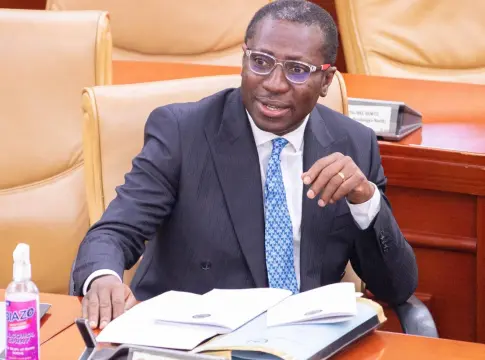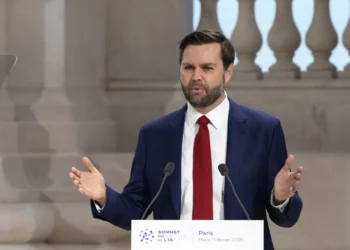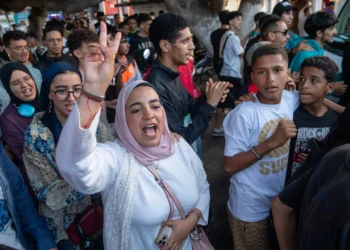The issue of Ghana Water has once again entered public debate following a strong rebuttal from the Managing Director of the Ghana Water Company Limited (GWCL), Hon. Adam Mutawakilu Garlus.
He pushed back firmly against allegations made by Hon. Alexander Afenyo-Markin, Member of Parliament for Winneba and former board chairman of Ghana Water Limited.
According to Afenyo-Markin, the lack of water supply to major communities in his constituency has created a severe shortage, leaving an estimated 140,000 households affected.
However, Hon. Garlus dismissed the assertion outright, describing it as both unfounded and unsupported by verifiable data. He argued that the reality on the ground paints a far different picture from the crisis scenario suggested by the legislator.
Speaking to journalists during a routine inspection at the Winneba Headworks, the GWCL boss maintained that the company’s data contradicts the figures being circulated.
He urged critics to conduct on-site verification rather than spread figures that, in his view, do not match the facts.
The Ghana Water MD was emphatic, pointing out that the Winneba Headworks produces 9,700 cubic meters of water daily and has experienced no interruptions of the magnitude alleged.
“When I talk of interruption, it means for about six hours, a full day, two days, three days—they haven’t been interrupted,” he explained. For him, the absence of such interruptions renders the claim of 140,000 affected households highly questionable.
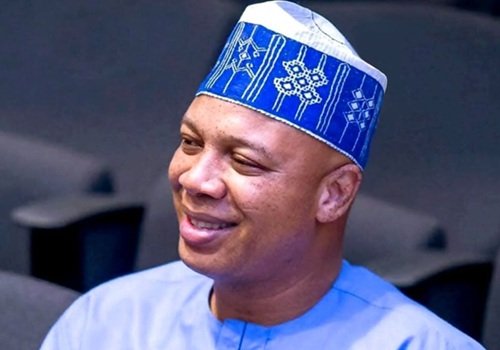
He also reminded the public of the company’s standard procedures in handling supply challenges.
“Ghana Water, wherever we have an interruption, we always inform our customers. So if you look at the data, it doesn’t support the claim he made, and I thought that, as [former] board chairman, if he had evidence, he should have consulted the management of Ghana Water Limited to see whether what he has made is true or not.”
Hon. Adam Mutawakilu Garlus
The MD emphasized that the company’s operations are grounded in transparency and accountability, stressing that the claim of 140,000 customers being affected by a shutdown is not supported by the facts available on the ground.
Ghana Water Promises Repairs And Expansion
Moving beyond the rebuttal, Hon. Garlus acknowledged that some limited supply challenges exist in areas linked to ongoing construction works.
He explained that the Kasoa-Takoradi road project, which cuts across both Afenyo-Markin’s constituency and neighboring constituencies, has affected around 1,100 customers. Of these, 210 fall within Winneba, while the remaining 900 are in Kasoa.
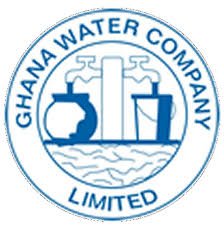
He pointed out that road construction has disrupted distribution pipelines and complicated delivery in some areas, but these challenges are being addressed.
“Four of the filters have been down for a long time, and since we came to the office, we started working on them, and very soon, those filters will be ready, and production can increase so that we can bring more water to the Kasoa environment.
“So I want to assure the people of Kasua, soon inshallah, there will be more water flowing to Kasoa.”
Hon. Adam Mutawakilu Garlus
He further emphasized that the water sector is central to the broader national reset envisioned by former President John Dramani Mahama.
Garlus concluded by assuring the public that, with the support of management, the board, and the staff of Ghana Water Limited, the company is committed to addressing existing challenges and ensuring a reliable water supply for the people of Ghana.
The controversy over alleged shortages highlights the critical importance of a reliable water supply in Ghana, particularly in fast-growing urban areas. With population pressures rising and infrastructure under strain, access to clean and consistent water remains a pressing national challenge.
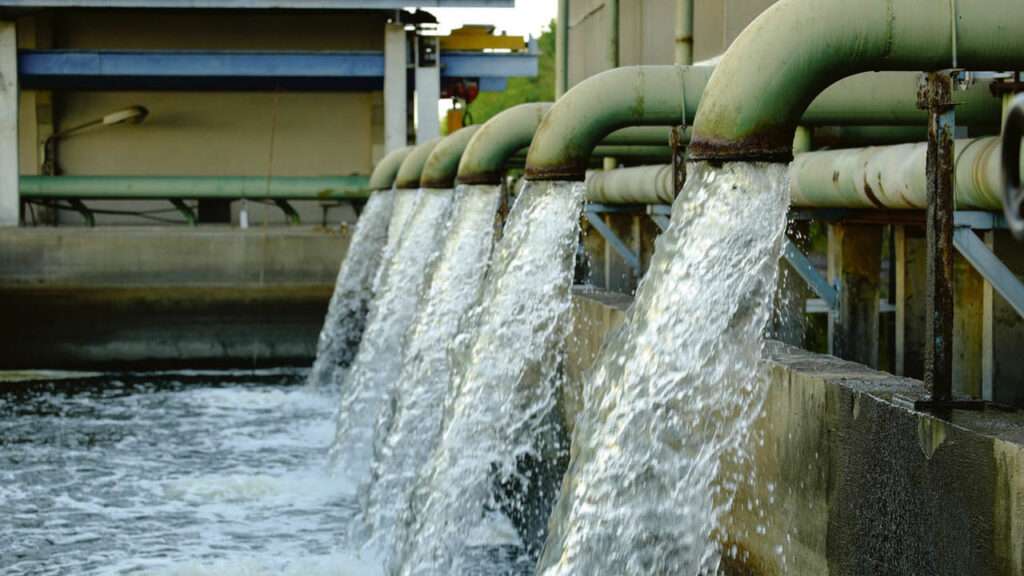
The exchange between Afenyo-Markin and Garlus underscores how water management has become both a political talking point and a public concern.
While the GWCL leadership insists that supply remains stable and disruptions are limited, residents in affected communities will ultimately judge by the taps in their homes.
If the promised repairs and expansions materialize, it may strengthen confidence in the agency. But if shortages persist, political debate over Ghana Water will only intensify.
For now, Hon. Garlus has sought to calm nerves, assure residents of improved services, and dismiss claims of a full-scale water crisis. Whether his reassurances translate into visible change remains a matter of time—and trust.

